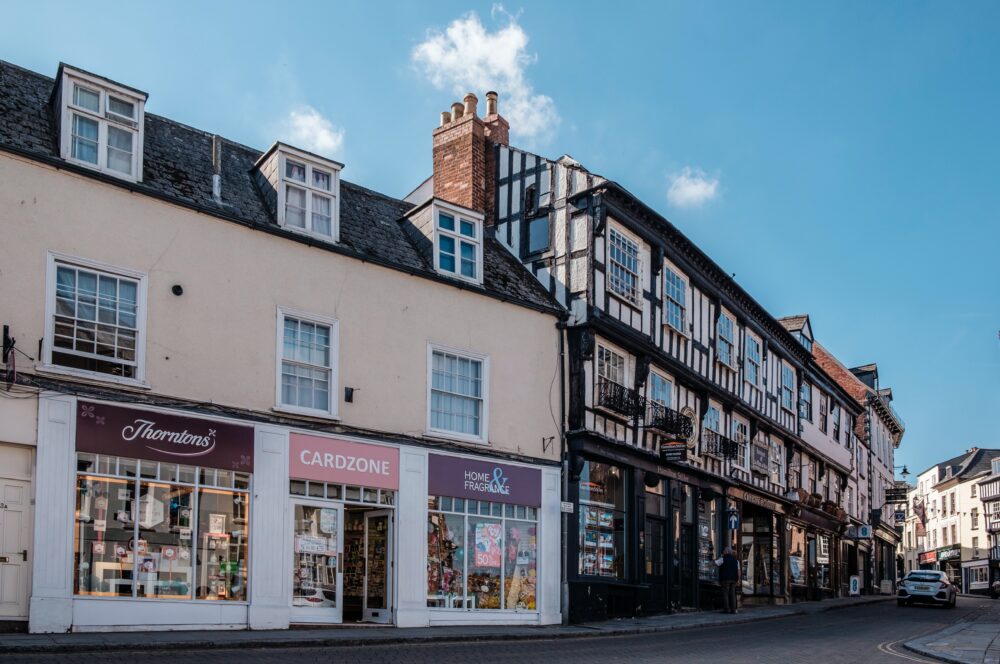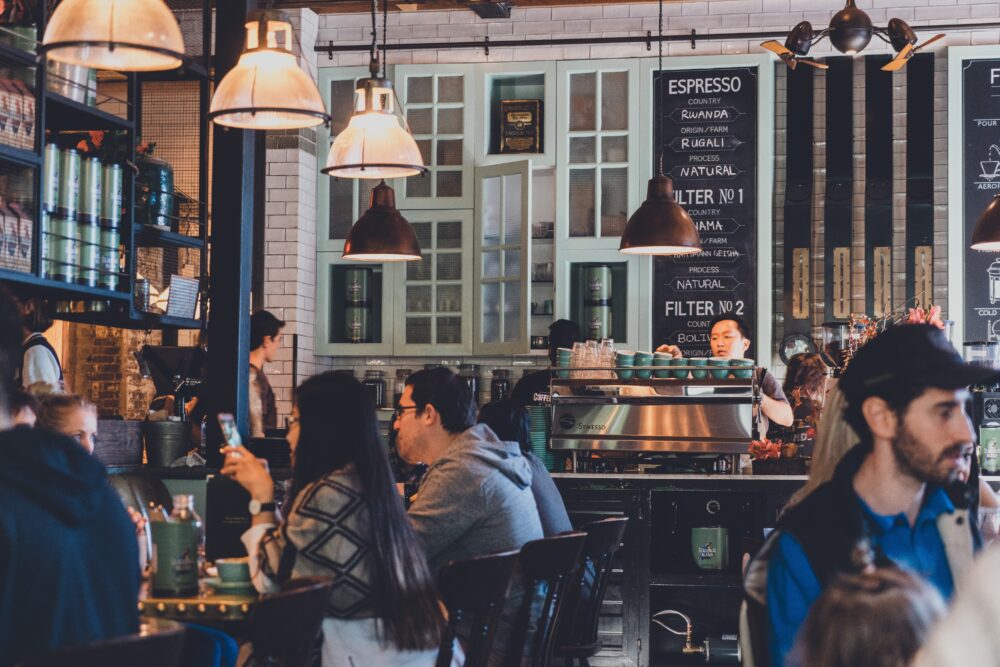You’d be excused for thinking that the British high street was under apocalyptic pressure, with the majority of shops having closed after turning into ghost towns over the last few years. At least that’s the story that’s told over and over again on TV and in newspapers.

Many of the names we loved have disappeared too. C&A, Littlewoods, Woolworths, Zavvi, BHS, Comet, Thomas Cook, Pound World, Maplin, and Phones4u are just some of the more recent casualties.
Though, these businesses didn’t close without reason. All of them were suffering from declining footfall, sales, and profits. Eventually, they succumbed to the pressure and were left with no choice but to shut up shop for the final time.
Changing Habits
The decline in customer numbers was due to changes in the way that people shop. Over the last two decades, online shopping has become far more prevalent with more than half of all Brits admitting to getting at least some of the things they buy from the internet.
That said, the internet hasn’t taken away all of the sales from physical shops. Only around one-fifth of all consumer transactions are carried out over the internet. Instead, research by Thinkwithgoogle has found that the majority of consumers begin their buying journey online, but many then head to a physical shop to complete their purchase.
We can see businesses that embrace this have managed to stay afloat while competitors have folded. Examples of this include Argos, which now offers same-day delivery and the option to buy online and collect in store, and Halfords which has pushed its car fitting services for wipers, bulbs, and batteries.
Not All Doom and Gloom
As consumers have moved from wanting a shopping trip focused on buying “stuff” to desiring an “experience” while they’re there, other businesses have succeeded. For example, during the last decade, the number of casinos, bookmakers and betting shops on our high streets has increased. This is despite tough competition from online operators who offer large bonuses to their customers taking a substantial share of the market.
Cafes, restaurants, and activity-based businesses like escape rooms have all done well from this new trend.
Between 2009 and 2019, the number of coffee shops operating on Britain’s high streets doubled, reaching 26,000 outlets by the end of the decade. At the height of the coffee shop boom, the industry was growing at 12% per year. Even at the beginning of 2020, this was still at 1.6%, a rate of growth many other retail businesses would love to see.
Even independent outlets have been thriving. In 2009, there were 5,236 operating in the UK. At the end of 2019, this had increased to 7,066. Many of these have flourished by offering a personal service and premium experiences like afternoon tea.

External Factors
The high street has more than just the internet to worry about. Arguably one of the biggest threats to the industry is the fact that most town and city centres are inconvenient for many consumers while out-of-town retail parks are not.
Almost every town and city in the country charges for parking, while retail parks offer this for free. This makes the retail parks more attractive and is driving customers away from the high street, even though they want to visit a physical store to browse and buy.
We can see this in the northern English town of Ellesmere Port. Its once-thriving high street now contains numerous empty retail units, while the nearby McArthurGlen Designer Outlet thrives. This is a story that’s repeated across the country.
The Future?
The desire for more experiences doesn’t appear to be going away, particularly as consumers are becoming more conscious of their environmental impact and the trend towards “Instagrammable” moments.
While we may not see another huge increase in coffee shops opening, we will likely see businesses that offer something that can’t be bought online thriving. Whether these are independent or chains is not clear, but the focus on “experience” is evidently vital.





















